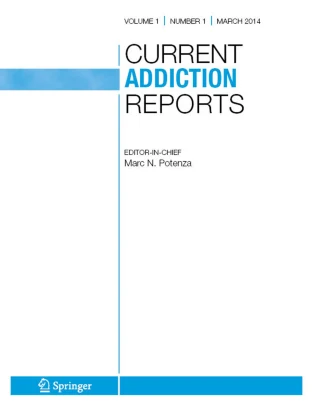Clinical considerations of ultra-processed food addiction across weight classes: An eating disorder treatment and care perspective
By David A. Wiss

Providers should screen for associated conditions before designing clinical interventions for ultra-processed food addiction. Clinicians should address their own conscious or subconscious biases often when working in mental and behavioral health settings.
Clinical trials are needed to improve treatment outcomes for ultra-processed food addiction and would benefit from collaboration (rather than competition) from eating disorder professionals. Cross-disciplinary efforts from all biopsychosocial domains will be critical to advance the field of food addiction.
Subscribe for weekly insights and research exploring the link between nutrition & mental health.
Abstract
Purpose of Review
To examine the prevalence rates of ultra-processed food addiction across different weight classes and offer guidelines for diagnosis and treatment. Clinicians are provided with practical considerations in the assessment of ultra-processed food addiction beyond the use of validated instruments.
Recent Findings
The weighted mean prevalence of ultra-processed food addiction is approximately 20% worldwide and varies widely based on the sample. At first glance, there appears a linear relationship between ultra-processed food addiction and BMI class. Further investigation indicates a J-shaped curve with heightened prevalence among the underweight. These findings highlight the need to assess for additional factors that may increase objective or subjective food addiction symptoms including eating disorders, dietary restraint, and other mental health diagnoses.
Summary
While clinical considerations across different weight classes vary, overemphasis on weight status may detract from the clinical utility of the ultra-processed food addiction construct. Considering weight status in conjunction with other psychiatric symptoms helps to better understand the various biopsychosocial mechanisms that influence eating behavior and can inform individualized treatment strategies.